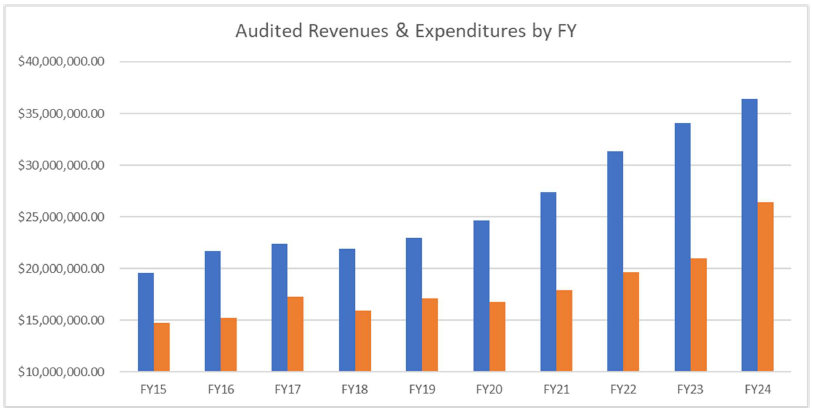Universities fear what Trump policy shift could mean for immigrant ‘dreamers’
Published 10:07 am Tuesday, September 5, 2017
College and university leaders expressed deep concern Monday about what an imminent Trump administration policy shift on immigration could mean for students who were brought to the United States as undocumented immigrants when they were children.
Many of these students, often known as “dreamers,” are shielded from deportation through a federal program called Deferred Action for Childhood Arrivals. DACA, which began in 2012 under President Barack Obama, has enabled hundreds of thousands of immigrants who meet certain conditions to live and work in the country temporarily. A large number of them are college students. But comprehensive national counts are unavailable.
Trending
During his 2016 campaign, Donald Trump denounced Obama’s immigration policies as an executive overreach and said the government must take a harder line again illegal immigration.
On Tuesday, President Trump is expected to announce what steps he plans to take on DACA. People briefed on White House discussions have indicated that Trump plans to phase out DACA, but delay its end for six months to give Congress time to pass legislation to replace it.
On Monday afternoon, a leading higher education advocacy group criticized the direction Trump appeared to be taking.
“We are extremely disappointed that, according to multiple media reports, the Trump administration tomorrow will announce that it is rescinding a policy that has allowed a group of exceptional young people brought to this country as infants or children, to make contributions to American society and the economy by working, serving in the military or attending college,” Ted Mitchell, president of the American Council on Education, said in a statement.
“Taking action to rescind the Deferred Action for Childhood Arrivals (DACA) program, even with a reported six month delay, will throw the lives of hundreds of thousands of young people and their families into turmoil,” the statement said. “To our students, and all those who are potentially affected, be assured that the nation’s colleges and universities will actively, strongly and persistently urge Congress to swiftly approve legislation to enable you to maintain your current status.”
The council represents nearly 1,800 college and university presidents and other higher education executives. Mitchell was undersecretary of education during Obama’s second term.
Trending
For months, higher education leaders have pleaded with Trump and the Republican-controlled Congress to preserve or expand DACA. They argue that the students have done nothing wrong by staying in school and pursuing jobs and careers, and that they should not be punished for stepping forward to obtain legal protection. Many college presidents take the issue personally, saying they have met DACA-protected students and they will do everything in their power to protect them.
University of Southern California President C.L. Max Nikias said he is “very, very concerned” about what might happen to DACA.
“We are a university,” he said in a telephone interview. “At the end of the day, we want all our students to graduate with a USC degree. We don’t want to see anything that interrupts their studies.”
Nikias estimated at least a few dozen of USC’s 43,800 students have DACA protection, including some he has met. The university does not have an exact count, he said, because it does not require all of its students to disclose their immigration status. “The number may be bigger, but we don’t know,” he said.
Nikias said higher education leaders will press Congress to act to protect DACA students – and others in similar situations – and help them obtain a college degree. “There has to be a solution to this,” Nikias said. “After all, we are the most powerful nation on earth.”
David Coleman, president of the College Board, urged the government in a statement last week to stand by undocumented students who had beat the odds to get into college.
“These students were brought here illegally through no fault of their own, grew up in America, and now have no other country to call home,” Coleman wrote. “Uprooting these young people would cause them irreparable harm. And what lesson would we teach the young Americans who will see their classmates ripped out of the fabric of their lives?
“We therefore urge the president to maintain DACA protections. We also implore our fellow citizens in Congress to take swift legislative action to move beyond executive order to law, for the uncertainties surrounding the executive order leave these young people in a destructive limbo. Making law may require making hard compromises, and we support the principled efforts in both parties to forge a lasting agreement.”




